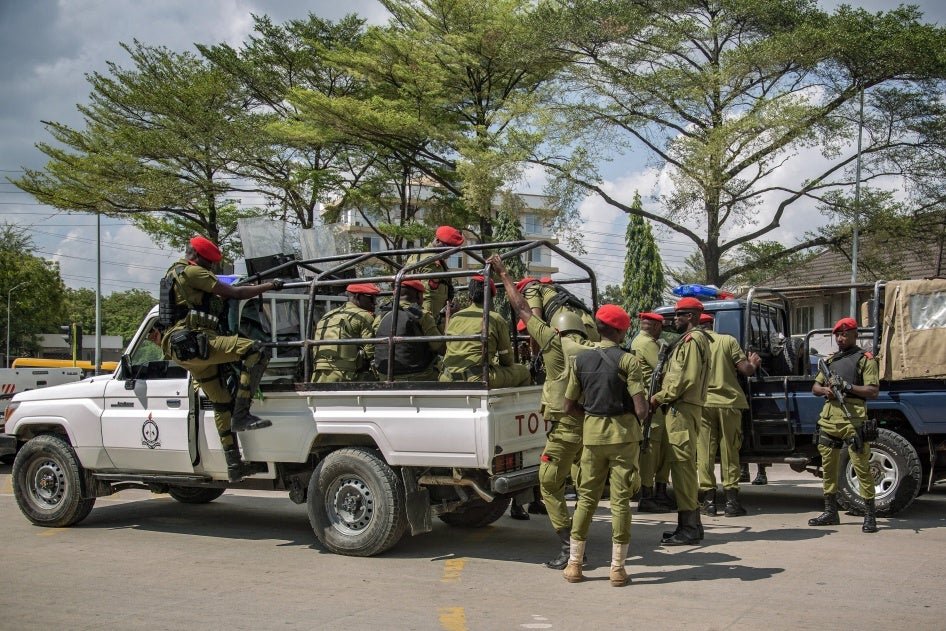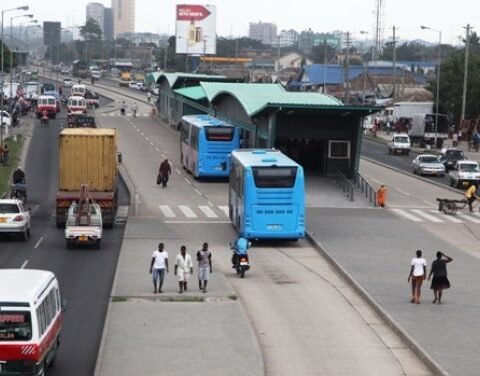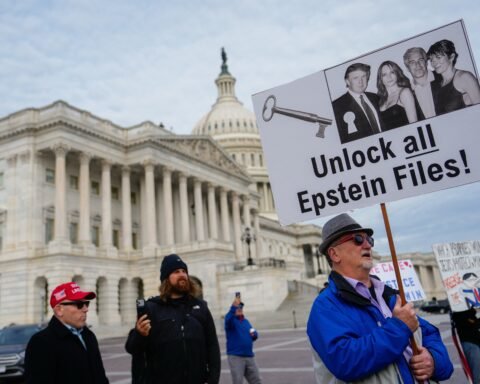The Tanzania Police Force has arrested six individuals accused of using social media to incite unrest and encourage unlawful demonstrations.
Those detained include Chief Adronius Kalumuna, Paulo Musisi, Daniel Lwebugisa, Egbert Kikulega, Ramadhan Fadhiri, and Baziri Waziri.
According to police reports, the suspects were apprehended following investigations into online activities allegedly intended to provoke public disorder. Authorities emphasized that the arrests were carried out in line with legal procedures and that due process was observed throughout the operation.
The case comes at a time when discussions about social media regulation and digital freedom are intensifying in the country. In recent years, online platforms have become powerful tools for civic engagement, activism, and political debate—but they have also created new challenges for law enforcement and policymakers.
Also Read:Tanzania Opens Massive Tender for Non-GMO Grain Exports
Tanzania’s Cybercrimes Act of 2015 makes it illegal to spread false information, incite public disorder, or misuse digital platforms for unlawful purposes. The law was introduced to combat online fraud and protect national security, but critics say it has sometimes been applied in ways that limit free expression.
Opposition figures and human rights advocates have raised concerns that these arrests could be part of a broader effort to silence dissent. They argue that strict monitoring of online spaces may discourage open dialogue and undermine citizens’ trust in democratic processes.
Government supporters, however, maintain that regulation is necessary to ensure peace and stability. They believe some users exploit digital platforms to mislead the public or spread propaganda. Authorities have urged citizens to use social media responsibly and to avoid content that might cause harm or panic.
As Tanzania prepares for another election cycle, analysts predict that debates around freedom of expression and responsible online communication will continue to shape the country’s political and digital landscape.
The legal proceedings for the six suspects are ongoing, and the public awaits further details about the charges and evidence presented in court. This case highlights the ongoing tension between state control and digital freedom in the modern information age.







